Kiyoshi Sasabe
Birth : 1958-01-08, Shimonoseki, Yamaguchi, Japan
Death : 2020-03-31

Director
Following the 2009 financial crash, Waseda University graduate Takeshi lost his job in Tokyo and retreated to his family home in Sendai. While he resumed his role as heir to the family construction company with a diligent attitude, his hidebound father resents that his son left and that at the age of 35 Takeshi is still single. However, wider events will force father and son to overcome their differences as the Otsunahiki, a great tug-of-war featuring thousands of participants, will pull them together in a family tradition just as Takeshi meets Jiheyun, a beautiful Korean doctor on an exchange programme...
The ties of family bind people tightly as characters struggle with the push of their own ambitious urges and the pull of family commitments but the Otsunahiki ropes things together in a family drama rich with events and the culture of Sendai, that will tug and the heartstrings of viewers whilst providing to the desire to visit the beautiful and storied region.
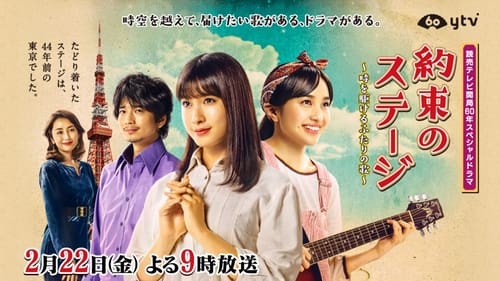
Director
20-year-old Ozawa Tsubasa has been helping out in the eatery that her mother Yukiko runs in a port town in the Tohoku region. She loves songs and secretly wishes to become a singer. However, she is on the verge of giving up that dream since it is practically impossible. Seeing her mother keep on working despite the hardships as well as the deserted town, she doubts that dreams and wishes come true. But one day, Tsubasa travels back in time to Tokyo in the year 1975 in an unexpected way. She meets 20-year-old Ozora Tsubasa, a cheerful and positive girl with the same name and dream as her. The unsuspecting Tsubasa had left home and come to Tokyo under the mistaken impression that she was scouted by a television station.
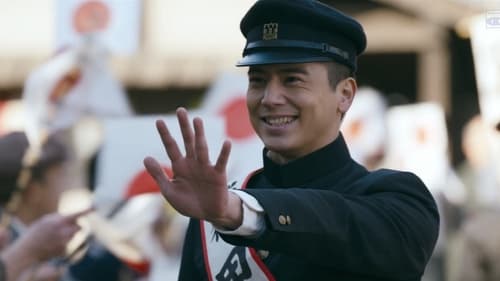
Director
A genius and reckless poet and a hard working musician are asked by the CEO of a children literature magazine to write a war song to send children into the battlefield.
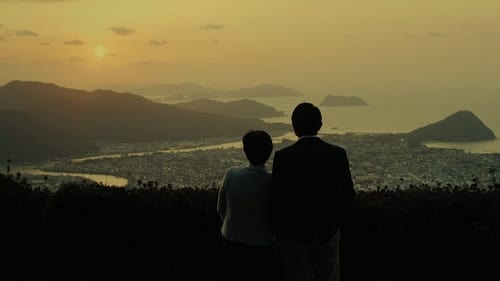
Screenplay
Yaeko has taken care of her husband Seigo who has stomach cancer. Seigo goes through 4 surgeries, but survives. Yaeko is then diagnosed with Alzheimer's disease and her condition worsens. Their family struggles to take care of Yaeko, but they also cherish their time with her. Seigo takes care of Yaeko as best as he can.

Director
Yaeko has taken care of her husband Seigo who has stomach cancer. Seigo goes through 4 surgeries, but survives. Yaeko is then diagnosed with Alzheimer's disease and her condition worsens. Their family struggles to take care of Yaeko, but they also cherish their time with her. Seigo takes care of Yaeko as best as he can.
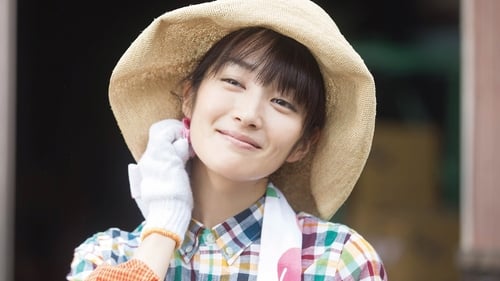
Director
Acclaimed director of Summer of Chirusoku, Half a Confession and Yunagi City, Sakura Country Kiyoshi Sasabe casts Rin Takanashi and Takumi Saitoh as members of the farming industry. The Sowing Traveller 3 tells a universal story of the cherished act of growing fruit. Ayane is conflicted about coming back home because she feels it’s a setback. Filming took place in Akaiwa, Okayama prefecture, a peach growing area with lots of sun and fertile soil. Along with the harmony of daily life that the local people have with nature, an important feature of the film is its beautiful landscapes.

Writer
A man, who moved to Tokyo to become a musician, returns to his hometown for the first time in 10 years. He sees the beautiful scenery of his childhood years and the kind people who supports him.

Director
A man, who moved to Tokyo to become a musician, returns to his hometown for the first time in 10 years. He sees the beautiful scenery of his childhood years and the kind people who supports him.
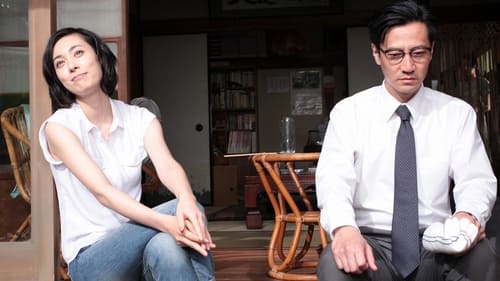
Director
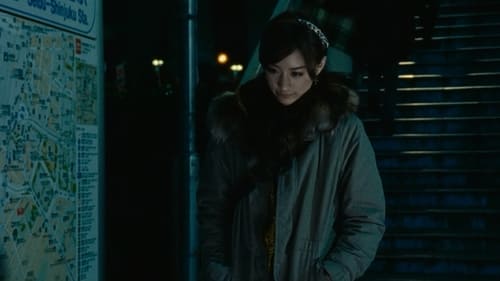
Director
When his father flees from debt, carefree college student Osamu sees his life turn upside-down. Expelled from school and evicted from his apartment, he becomes one of Japan’s many ‘net cafe refugees’, barely scraping by each day with temporary and part-time work. Even though he’s still in Tokyo, his circumstances drive him to see and experience his home city in new ways. Trying to survive, Osamu gradually acquaints himself with the ‘invisible’ spaces occupied by the wanderers and homeless of Tokyo… people just like himself.
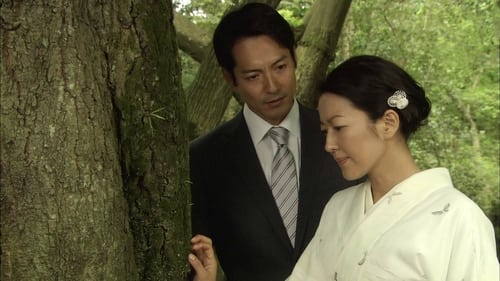
Director
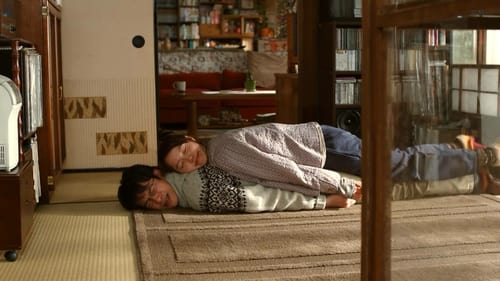
Director
Mikio (Masato Sakai) is a married man and works hard for the company where he is employed. Then one day Mikio is diagnosed with depression. Mikio's wife is Haruko (Aoi Miyazaki). They have been married for 5 years. Haruko draws comics for work, but they do not sell well. She mainly relied on Mikio for support. Meanwhile, Haruko did not notice any changes in her husband. She begins to blame herself for not noticing any signs. Mikio's depression derived from his work. His company has been pressing him to quit the company. After Mikio quits his job his condition improves, but the dynamics of their relationship changes.

Director
Set during the end of World War II, Major Mashiba (Masato Sakai) and others receive an order to hide 200 trillion yen worth of treasures. These treasures are to help rebuild the country after the war. 20 girls are mobilized to carry out the mission.

Screenplay

Director

Writer

Director

Screenplay
Thirteen years afterward, I wonder if those who bombed Hiroshima are looking at me and saying: 'We did it! We were able to kill another person!' They should be," murmurs Minami (played by Kumiko Aso), one of the two leading female characters in Yunagi no Machi, Sakura no Kuni, as she lies dying in 1958, her life brought to a premature end by sickness resulting from her exposure to atomic bomb radiation. This is a story about those who at least initially survived the first U.S. atomic bombing of 1945 and their descendants in contemporary times. The film, based on a comic by Fumiyo Kono, jumps between the two time frames and quietly depicts the sorrow and mortification experienced through the everyday lives of laid-back and soft-spoken Hiroshima people. Only a few scenes of the bombing and the ensuing devastation are featured.

Director
Thirteen years afterward, I wonder if those who bombed Hiroshima are looking at me and saying: 'We did it! We were able to kill another person!' They should be," murmurs Minami (played by Kumiko Aso), one of the two leading female characters in Yunagi no Machi, Sakura no Kuni, as she lies dying in 1958, her life brought to a premature end by sickness resulting from her exposure to atomic bomb radiation. This is a story about those who at least initially survived the first U.S. atomic bombing of 1945 and their descendants in contemporary times. The film, based on a comic by Fumiyo Kono, jumps between the two time frames and quietly depicts the sorrow and mortification experienced through the everyday lives of laid-back and soft-spoken Hiroshima people. Only a few scenes of the bombing and the ensuing devastation are featured.

Director
Koji Namiki is a young pitcher who has shown great promise on the diamond by winning the National High School Basketball Championships. Shortly after entering college, however, Namiki's athletic career is called into question after he suffers a severe elbow injury. But despite a disheartening diagnosis, Namiki is determined to make a comeback. With a little help from his teammates it appears that he is getting back on track, too. Recently, he's even developed a new slow ball that he and his teammates have christened "the magic pitch". Fate can be a cruel mistress though, and when World War II breaks out Namiki the entire team join the navy and begin a training regiment specifically designed to prepare them for the ultimate darkness, an submarine attack method also known as "The Human Torpedo".

Director
Kaori is pursuing her career as a journalist for a magazine with great enthusiasm. But as a result of an article she wrote, she is sent to work for a community magazine at Fukuoka. An anonymous letter arrives, which puts her in contact with an old and forgotten theater, the 'Minato Theater' in nearby Shimonoseki.

Writer
Dvorak's Symphony No. 9, "From the New World" wafts through a hospice recreation room. Sitting at the grand piano is a young girl, Chiori, with a prodigious ability to play any piece of music after one hearing. Keisuke Kisaragi whose career was abruptly cut short when he jumped in front of a bullet fired by a crazed gunman. The nerves in one hand were severed but he saved the life of Chiori. The tragic incident takes the lives of Chiori's parents, however, and Keisuke becomes her guardian. Not long after their return to Japan, Keisuke discovers Chiori's musical gift.

Director
Dvorak's Symphony No. 9, "From the New World" wafts through a hospice recreation room. Sitting at the grand piano is a young girl, Chiori, with a prodigious ability to play any piece of music after one hearing. Keisuke Kisaragi whose career was abruptly cut short when he jumped in front of a bullet fired by a crazed gunman. The nerves in one hand were severed but he saved the life of Chiori. The tragic incident takes the lives of Chiori's parents, however, and Keisuke becomes her guardian. Not long after their return to Japan, Keisuke discovers Chiori's musical gift.
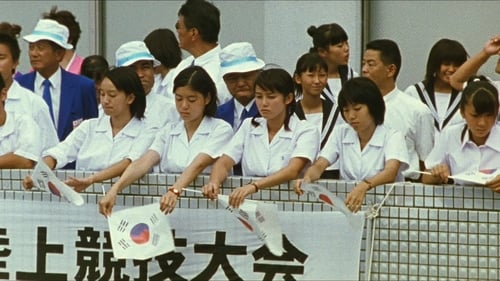
Writer
Chirusoku Summer, the film set in the sister cities of Pusan, South Korea and the city of Shimonoseki-shi, Yamaguchi. During the Summer of 2003, four girls from Shimonoseki-shi, Yamaguchi travels to Pusan, South Korea for a sports festival and one of them fall in love...

Director
Chirusoku Summer, the film set in the sister cities of Pusan, South Korea and the city of Shimonoseki-shi, Yamaguchi. During the Summer of 2003, four girls from Shimonoseki-shi, Yamaguchi travels to Pusan, South Korea for a sports festival and one of them fall in love...
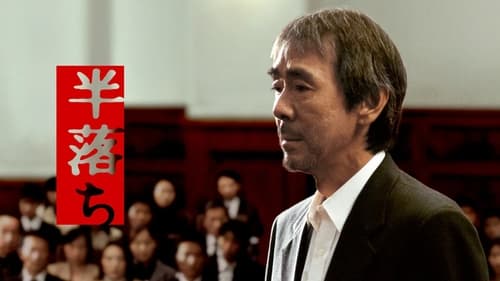
Director
Half a Confession introduces itself as a thriller and abruptly changes gears, transforming into a tale of morality with deeper insights into its characters than we had anticipated. It begins when Soichiro Kaji (Terao), a retired detective, walks into police headquarters and confesses to the murder of his wife. We learn that the victim had prematurely developed Alzheimer's after the tragic death of their son, and in her suffering, had asked to die. The police chiefs would be far more content to take him at his word if it were not for a conspicuous hole in his story: 48-hour gap between the alleged murder and his confession. Fearing a public relations nightmare, they are eager to bury the incident and keep the press in the dark.

Writer
A Japanese film that tells the tale of the birth of VHS. It follows Kagatani Shizuo, an electronics employee who rallies his coworkers to save their jobs by increasing sales. They do this by developing the VHS standard. They battle with Sony and their standard and ultimately prevail.

Director
A Japanese film that tells the tale of the birth of VHS. It follows Kagatani Shizuo, an electronics employee who rallies his coworkers to save their jobs by increasing sales. They do this by developing the VHS standard. They battle with Sony and their standard and ultimately prevail.

Assistant Director
Stuck doing show-biz schlock, an investigative reporter stumbles on a scheme to swindle pensions through an attractive gold futures scam, a potential news-story.





















